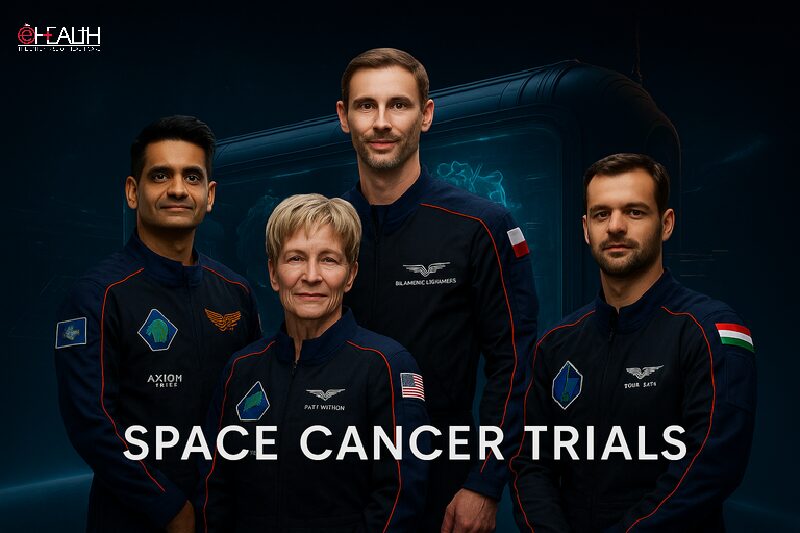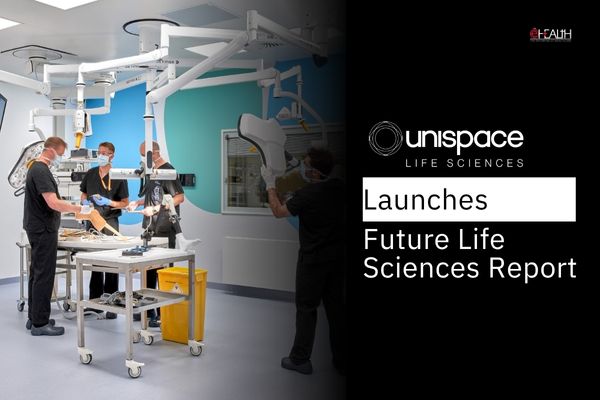Can antioxidants already present in the human diet protect against genotoxic damage induced by exposure to x-rays? That’s the contention of the authors of a new study in Dentomaxillofacial Radiology. In developing countries, the number of radiological exams and the number of professionally exposed workers have both steadily increased in recent years, suggesting that an effort should be made to minimize the radiation doses administered, noted the study authors, all from the University of Murcia in Spain. While shielding, increased distance from the radiation source, and reduced exposure times have been shown to be useful, “they have serious limitations in clinical practice,” they added. Research team decided to analyze and compare antioxidant compounds already present in food to determine what sort of antimutagenic protective abilities they might have against the chromosome damage induced by ionizing radiation. They assessed 10 compounds using the lymphocyte cytokinesis-block micronucleus (MN) cytome test. The researchers obtained human blood samples from two healthy, young, nonsmoking female donors. The carnosic acid, d-tocopherol, rutin, and diosmin were dissolved in 5 percent aqueous dimethyl sulfoxide (DMSO), while the L-ascorbic acid, green tea extract, apigenin, amifostine, and rosmarinic acid were dissolved in water. The researchers then added 20

Be a part of Elets Collaborative Initiatives. Join Us for Upcoming Events and explore business opportunities. Like us on Facebook , connect with us on LinkedIn and follow us on Twitter , Instagram.
"Exciting news! Elets technomedia is now on WhatsApp Channels Subscribe today by clicking the link and stay updated with the latest insights!" Click here!
















